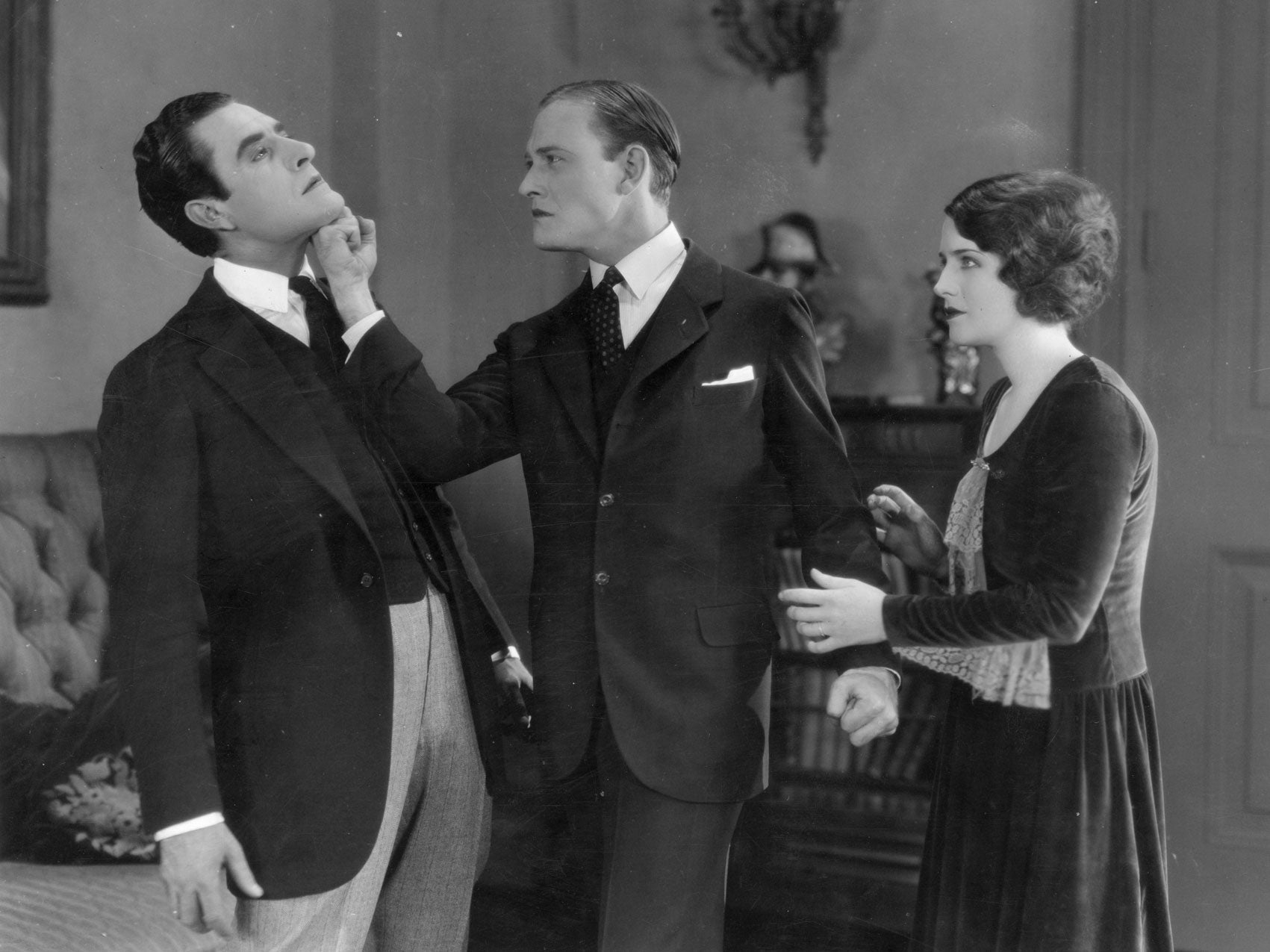Virginia Ironside's Dilemmas: The perils of playing peacemaker
A well-meaning friend finds herself in the precarious role of peacemaker. It's a wobbly tightrope, says Virginia, and there's no easy way down.

Dear Virginia,
I’ve got two friends who I really like, but they often find it hard getting on with each other and are always falling out. Elisa showed me an email she’d written to Valerie, written in the heat of the moment – but luckily she hadn’t sent it – and I said she couldn’t possibly send it and I re-wrote it. She sent it off and now Valerie has received this email, and has asked me how to reply. In one way I feel pleased with myself to be playing the role of peacemaker, but in another way I'm feeling I’m betraying both of them and wish I hadn’t got involved. Can you advise?
Yours sincerely,
Eleanor
Virginia says...
Playing the role of the peacemaker is precarious. It’s as if you’re walking a tightrope between the two antagonists, and either one has only to shake a bit their end and you can easily fall off. My feeling is that you should extricate yourself from this role as double agent as soon as possible. It’s time, perhaps, to advise Valerie to do absolutely nothing and leave it at that.
The problem with so many friends, I find, is that it is so easy to understand their point of view. When there’s a falling out, you can clearly see why they’re outraged by the other friend’s behaviour. But then, when you hear the story from a different angle, you can sympathise completely with the views of the other person. So you’re in the horrible position of being on both their sides, and understanding completely why each one is in a rage,
Stop this conciliatory letter-writing, which will, in the end, result in your writing emails to and from yourself. Imagine the terrible charges of betrayal that would be lobbed at you if either found out what you were up to. It’s not worth risking. You’d lose two friends at a single stroke and, who knows, they might gang up on you. True, you’d have brought peace between them at last, but at what a price!
Instead, might it not be worth trying, very gently, while still sticking firmly on each of their sides, to point out how the other person feels? Once they can put themselves in the other person’s shoes, then usually the whole situation cools down. It’s like adding butter to flour and milk. The butter can “understand” and get on with both the flour and the milk separately, though the ingredients themselves can’t get on with each other. Think of yourself as the butter in the middle, and put the other point of view, hoping, of course, that it won’t sound as if you’re being disloyal.
“It’s mad, of course,” you can say, “and I abhor what she’s done, but bear in mind her father’s just died, that she’s just moved house, she’s completely unhinged…”
By trying to make each more compassionate and understanding you will, actually, be putting each of them in a position of power, turning them both into mature, paternalistic characters who are worldly wise and full of forgiveness, rather than hysterical children who are hurting and squawking. In the end, this is always a preferable position to be in. It makes people feel good about themselves.
Readers say...
Leave them to it
You might feel flattered that your friends are relying on you but it’s likely that both of them are trying to get you to pick sides. By confiding in you about these emails, they’re sending the message that they’d rather form a team with you than build a bridge between themselves.
The fact that you re-wrote the initial message suggests that it’s suiting you quite well to be pulled between them. Perhaps you're afraid that if they sort out their differences they’ll get on too well, and you’ll be left out. It can feel pretty unsettling to have potentially nasty emails directed at you (especially when they’ve been written by two people). It’s not your place to meddle in their friendship. If they can’t sort things out, see each of them separately and don’t talk about the other.
Sarah Rudston, by email
It’s time to own up
You're now risking losing two friends rather than reconciling them. Admit to what you’ve been doing and explain you only wanted to help but now feel disloyal to both. This situation will only become more complex and liable to end badly the longer you keep up the charade.
Alvin Tannenbaum, Glasgow
Next week’s dilemma
Dear Virginia,
My cousin, who’s in her forties, is a devoted follower of a very questionable guru who gives her a feeling of wellbeing as he tells her she is saving the world etc. as she raises money and support for him and his teachings. She needs a car to do this. I get on very well with her, but she refuses to spend money on her car insurance and instead gives it to her guru. She said if I thought it was wrong I should organise lifts for her! I feel I should report her behind her back, but I know that if I did our friendship would be over. What can I do?
Yours sincerely,
Lee
What would you advise Lee to do?
Email your dilemmas and comments to Email dilemmas@independent.co.uk. Anyone whose advice is quoted will receive a £25 voucher from the wine website Fine Wine Sellers.

Join our commenting forum
Join thought-provoking conversations, follow other Independent readers and see their replies